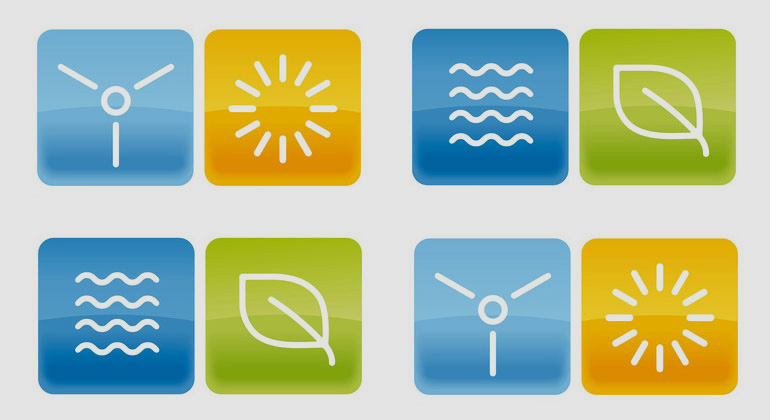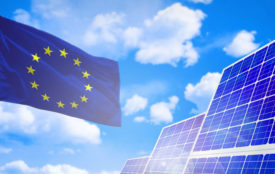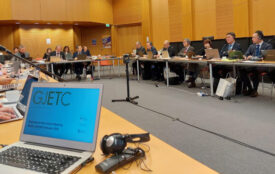dena study: majority of UNECE countries committed to renewable energy
dena analyses status of energy transition in 56 member states / regional development highly diverse / practical guidelines support UNECE countries in future use of support mechanisms and political instruments.
The large majority of the 56 member states of the United Nations Economic Commission for Europe (UNECE) have now taken steps to expand their use of renewable energy. As a result, the capacity of installations generating electricity from renewable energy sources increased to 869 gigawatts in 2016 – almost half of the world’s total. However, this increase has not occurred to the same extent in all member states. This is revealed in a joint study by the Deutsche Energie-Agentur (dena) – the German Energy Agency – and the UNECE’s Group of Experts on Renewable Energy (GERE), which provides an analysis of the status of energy transition in the countries within the UNECE region.
According to the study, 43 countries have a premium plan or feed-in remuneration in place to speed up the development of renewable energy. In addition, 44 countries provide subsidies or tax and investment incentives. However, among the UNECE countries there are considerable differences when it comes to supporting renewable energy. This is evident from the current capacity of installations and the rate of recent expansion.
Study identifies obstacles to and solutions for the expansion of renewable energy
There are a variety of factors that hinder expansion in less developed markets. Among these in particular – besides inadequate legal and regulatory frameworks – are subsidised energy prices, a lack of acceptance, and insufficient knowledge of the potential of renewable energy.
The study provides an overview of market trends and the extent of support. It also offers policymakers practical guidelines for the use of support mechanisms and political instruments that have already proved successful in UNECE countries. Key to this is the knowledge that, in order to use political instruments successfully, local conditions, interactions with existing markets and technologies, and ‘soft’ factors such as social acceptance and the transfer of knowledge, must also be taken into consideration.
About the study
For the study, dena carried out a comparative analysis of the status of the energy transition and the latest developments in the expansion of renewable energy in 56 UNECE member states. The study is an updated and extended version of the analysis, ‘Status and Perspectives of Renewable Energy Development in the UNECE Region’, initially conducted for GERE in 2016. Besides the analysis, the new version also contains the results of two specialist workshops that took place in November 2017 during the World Climate Conference in Bonn. With regional experts from politics, industry and international organisations working closely together on this, strategies for the use of effective funding instruments for renewable energy in the electricity and heating sectors were developed.








